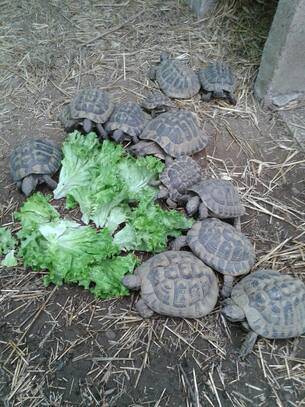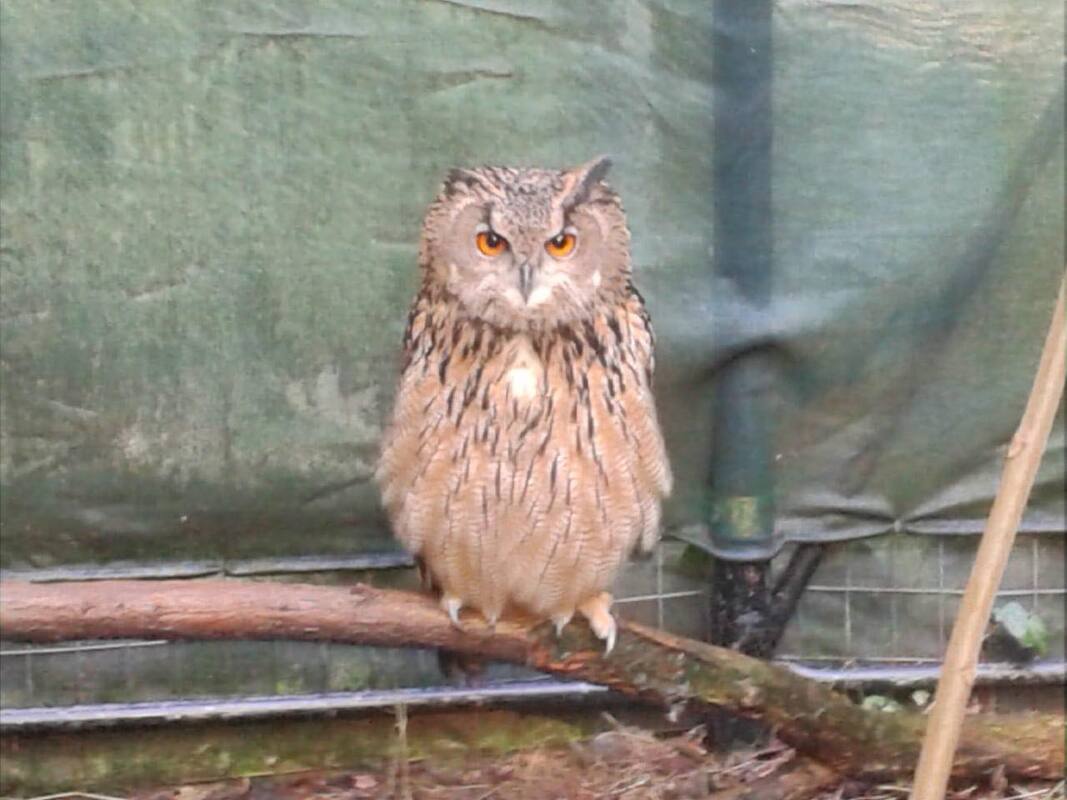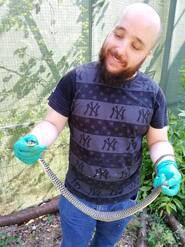|
by Luca Masetti
That said, it is apparently extremely difficult to NOT get a selfie with the newly found, cute looking baby owl. Or at least one, because you have to make sure you get the right light. I also understand how easy it is to get attached to rescued animals, but comparing a crow found just hours before to your child still sounds a bit weird to me. You might think I am exaggerating a bit here, but these situations actually happened. Like that one person that brought us a bat, but demanded to check our intensive care unit before entrusting it to our care. This same person phoned one day later to complain about such a reasonable request being denied (despite us still taking the bat in). Or those several people that tried to keep a newborn animal in their own house, only to realize months later that the deer/crane/groundhog did not suddenly turn into a pet, at which point they were forced to ask for our help.
I get it, I do this job because I love animals. I understand how every single one of them is unique, special and worth remembering. But at the same time, in the very same word ''wildlife'' there is a strong suggestion about how we should keep that delicate life we decided to take care of.
3 Comments
|
ELB MembersBlogs are written by ELB members who want to share their stories about Ontario's biodiversity. Archives
January 2023
Categories
All
|




 RSS Feed
RSS Feed